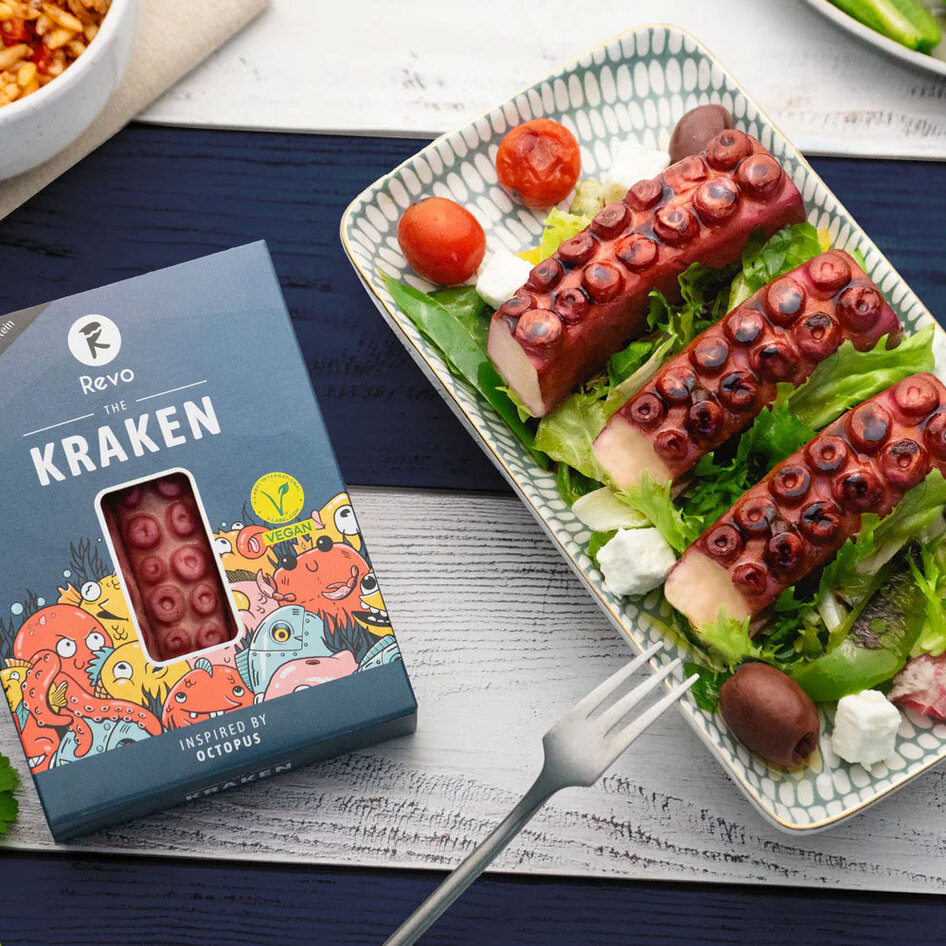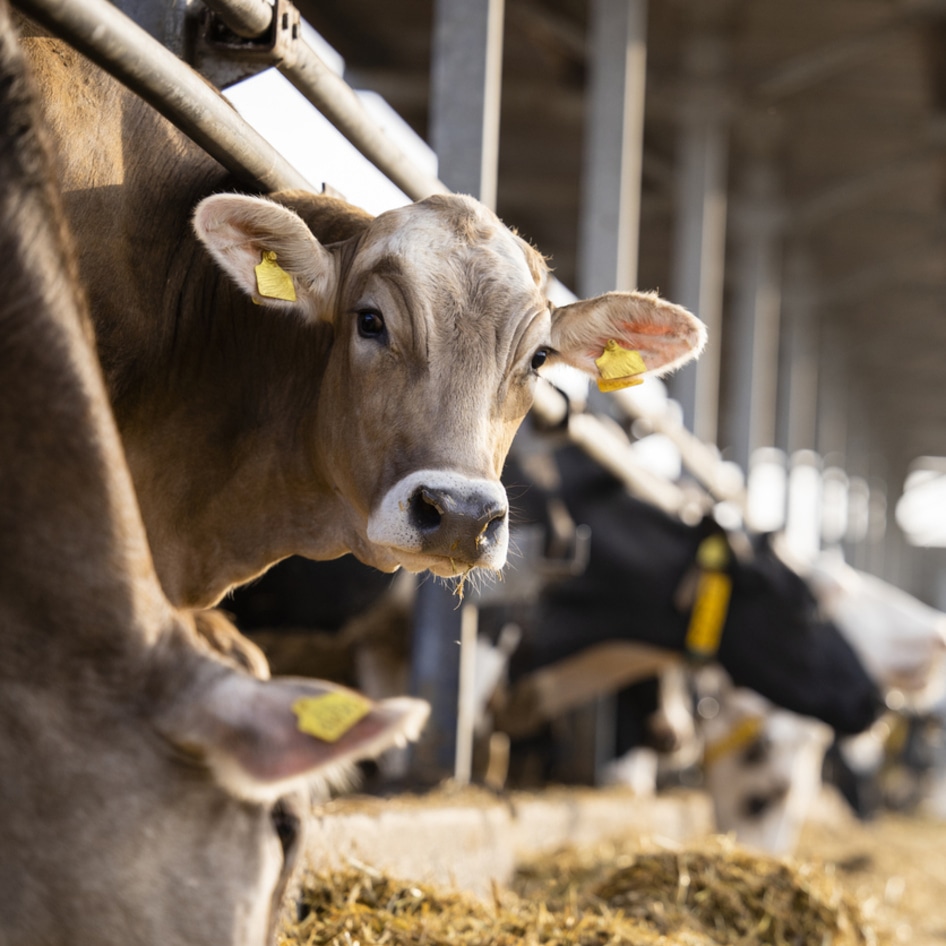Why 160 Countries Say “No” to US Meat
The animal growth stimulant ractopamine is banned all over the globe, but the US refuses to stop using it.
March 13, 2013
In Russia, more than 1 million people die from cardiovascular disease every year, and the country has approximately 2.5 million registered alcoholics and 40 million smokers, all of which has contributed to its devastating annual population decline of 700,000 people. So when the nation banned US turkey, beef, and pork this February over health concerns regarding the use of feed additive ractopamine, a growth stimulant that also acts as a stress hormone, it was a wake up call to consumers.
Red, White, and Banned
The Food and Drug Administration approved ractopamine for pigs in 1999 after safety tests indicated that it was not harmful, and later permitted it to be used in cattle and turkey. Since the additive’s inception into factory farming, a contentious, worldwide debate surrounding it has ensued. The US meat industry has nearly 500 million dollars riding on the Russian market, and this loss of profit has irked American officials. “The United States is very concerned that Russia has taken these actions, which appear to be inconsistent with its obligations as a member of the World Trade Organization,” castigated Agriculture Secretary Tom Vilsack in a statement.
US agribusiness’ concerns over shrinking profit margins are exacerbated by other international markets such as China, Taiwan, and the European Union also shutting their shores to America’s racto-meat. While US food authorities purport that the drug is not detrimental to consumer health, there is considerable evidence to the contrary. According to the Food and Environment Reporting Network, ractopamine has been linked to more pig deaths than any other livestock pharmaceutical, and since the drug has been approved, the US Food Drug Administration’s Center for Veterinary Medicine has received more than 200,000 reports of adverse side effects in pigs fed ractopamin, ranging from lameness to hyperactivity. Many American food companies such as Chipotle and Whole Foods Market also refuse to sell meat that has been issued the growth stimulant.
The FDA’s safety claims in regards to ractopamine are based on tests conducted by Elanco—the company that produces the drug. When the drug was issued to six human subjects in a test, one of them had to be removed from the experiment because of an abnormal heartbeat. “The main problem for us is that the safety of the product could not be supported with the data,” says Claudia Roncancio-Peña, the leader of the EU’s investigation on the safety of ractopamine.
I’m Telling the United Nations!
Since American officials have been making little headway in overturning the ban, present in more than 160 countries, they turned to the Codex Alimentarius Commission to set a standard ractopamine residue level that should be allowed in meat. This would enable the US to oppose the zero-tolerance policies that countries such as Russia have adopted, under the auspices that they are members of the World Trade Organization and are obliged to adhere to its standards.
After years of deliberation and pressure from the US, in the summer of 2012, a contentious 69-67 vote led Codex to set a 10 parts-per-billion ractopamine limit in beef and pork muscle. Although this is far lower than the USDA’s 30 ppb in beef and 50 ppb in pork, ractopamine opponents such as the European Food Safety Authority argue that there is insufficient evidence to suggest that any ractopamine level is safe.
A Tradition of Forsaken Food
This not the first time that American animal products have been banned on the grounds of public safety—hormone-fed beef is prohibited in the EU, and other United States trading partners such as Japan have outlawed the hormone bovine somatotropin in dairy cattle, which is commonly used in America. While these drugs fatten the food industry’s wallets, they have been shown to skew hormone levels in consumers and lead to health issues including prostate, breast, and reproductive organ cancer.
The US asserts that the international protocols that bar our meat and dairy are plots to cut out competition or are payback for unrelated diplomatic tiffs, but studies at home and abroad continue to show that there is a risk in consuming these growth stimulators and excess hormones. So, if there is any lingering doubt as to these products’ detrimental effects on human health, is it even a risk worth taking? Furthermore, if government agencies from more than 160 countries are siding with their consumers’ safety, why hasn’t our government done the same?
JUMP TO ... Latest News | Recipes | Guides | Health | Shop







